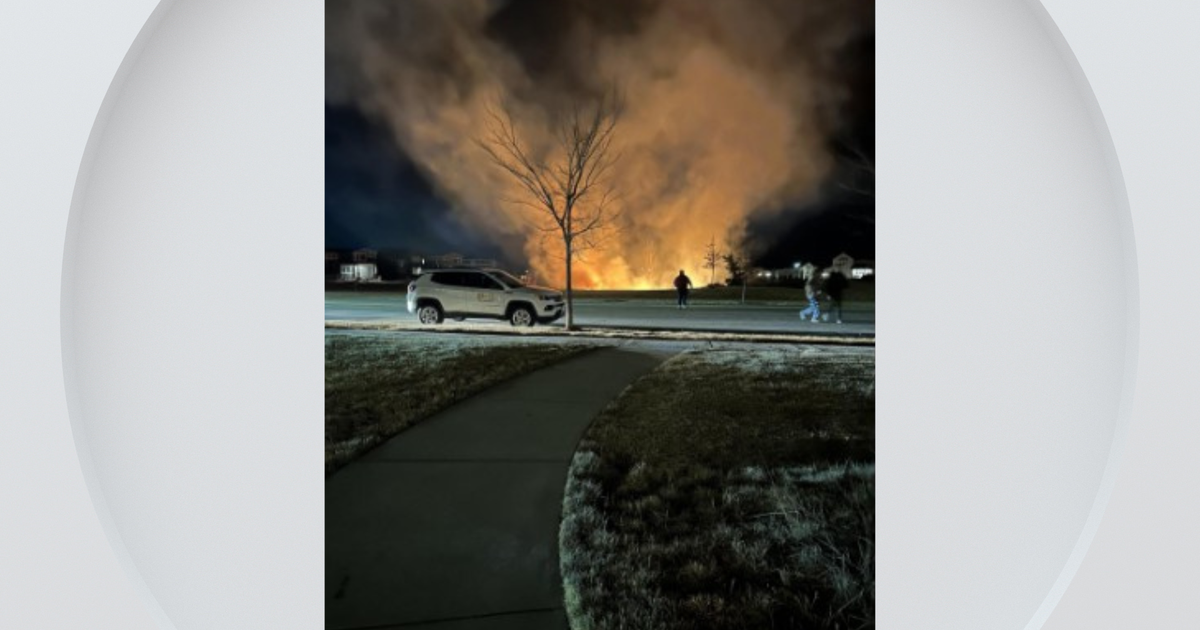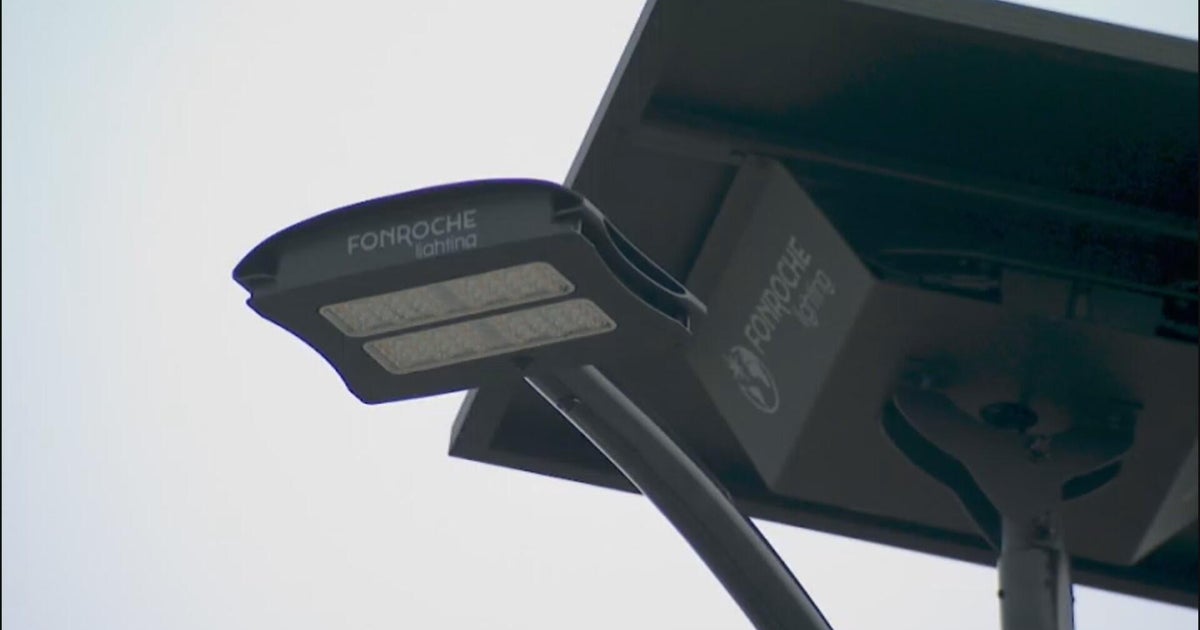Hays bald eagle camera gets major upgrades
PITTSBURGH (KDKA) -- The popular Hays bald eagle camera got some major upgrades, and it's expected to enhance the experience for everyone watching the popular birds.
The biggest thing people may notice is the webcam is now 24/7. One of the biggest challenges was deciding when to give the camera power, but it's no longer an issue.
WATCH: Hays Bald Eagle Cam
Millions have watched the eagle camera since it started 11 years ago. The camera ran off solar power, which as Rachel Handel with the Audubon Society of Western Pennsylvania pointed out, can be a problem around here.
"With Pittsburgh weather, a lot of times we had to shut down that camera at night to make sure we had power for it to be up during the day," she said over Zoom.
Even moving the camera had to be calculated along with any nighttime video because it required more power, so big moments sometimes weren't seen because the camera had to be off.
"We've actually missed the first eggs laid when they're laid early because we don't have the cam powered up," said Bill Powers, the founder of PixCams Inc.
PixCams helped to install the camera more than a decade ago. Powers said this change is something we can all celebrate.
"This is an enormous step to really make this experience even better for our viewers," Powers said.
Now there is constant electricity being supplied from a transformer to the camera. Work with U.S. Steel and Duquesne Light gave the camera the upgrade. The camera itself will be a higher definition camera, allowing viewers to enjoy the adorable eaglets when they hatch.
"It's a really great time for it to be happening because we are just about to embark in egg-laying season," Handel said.
Over time, this camera along with others in our region has helped to connect people with nature. The hope is having the camera on 24/7 along with a better picture helps continue the interest in the majestic birds for years to come.
"It's a great educational opportunity for Pittsburgh to watch this now all the time," Powers said.
For those hoping to see the eggs being laid, you should start watching. Last year it was on Feb. 17. This year, there is a new male mate in the nest.







